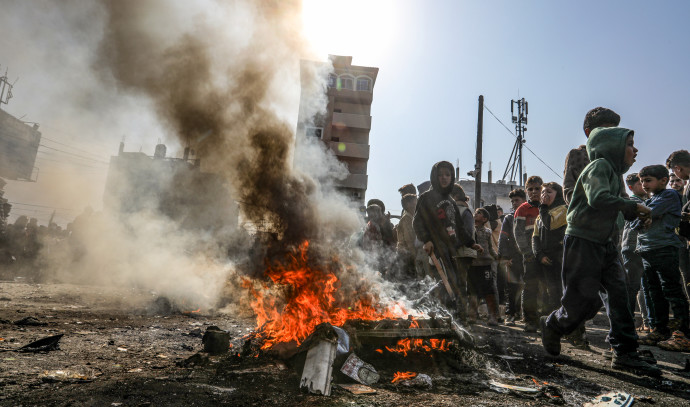Yolande Knell
Yolande Knell is a British journalist who has spent three years working in Egypt, covering topics such as poverty, youth unemployment, corruption and torture. Her reporting has focused on the political and social issues facing the country during and after the 2011 Egyptian revolution. She has also reported on conflicts in Gaza and other regions. Knell's work often highlights human rights abuses, deception, and contradictions in political narratives, while also exploring the impact of these issues on ordinary people.
58%
The Daily's Verdict
This author has a mixed reputation for journalistic standards. It is advisable to fact-check, scrutinize for bias, and check for conflicts of interest before relying on the author's reporting.
Bias
30%
Examples:
- During the 18 days of protests, the final outcome was far from inevitable
- There were also dark days, like the surreal 'battle of the camel.'
Conflicts of Interest
100%
Examples:
No current examples available.
Contradictions
50%
Examples:
- More than 39 million tons of debris remain in Gaza after eight months of fighting between Israel and Hamas.
Deceptions
30%
Examples:
- Across the Gaza Strip, in a landscape newly transformed by war, mountains of stinking rubbish pose severe dangers to health and the environment.
- The smell is very disturbing. I keep my tent door open so that I can get some air, but there is no air, just the smell of rubbish.
- We cry just like any other grandmother would over her grandchildren being sick and having scabies. This is like a slow death. There is no dignity.
Recent Articles
Gaza Conflict: The Hidden Environmental Crisis - 39 Million Tons of Debris and Defunct Systems
Broke On: Wednesday, 19 June 2024The Israel-Hamas conflict has resulted in extensive environmental damage in Gaza, with 39 million tons of debris generated and essential services like water desalination and wastewater treatment facilities left defunct. Thousands of tons of humanitarian aid remain stranded, while contaminants leak into the soil from broken solar panels. Families like Asmahan al-Masri's face challenges accessing basic necessities amidst piles of solid waste and anarchy in the region.
